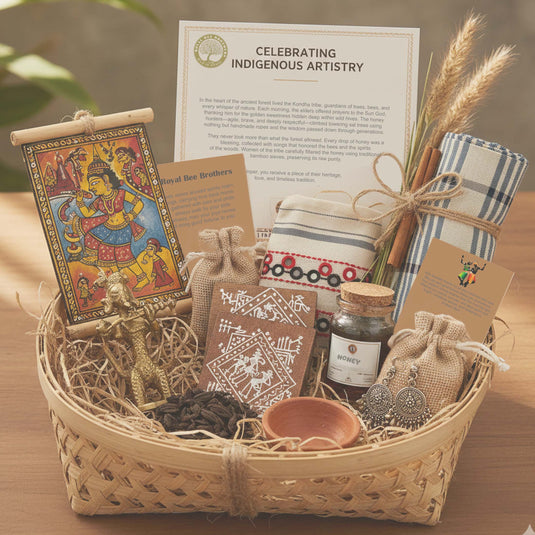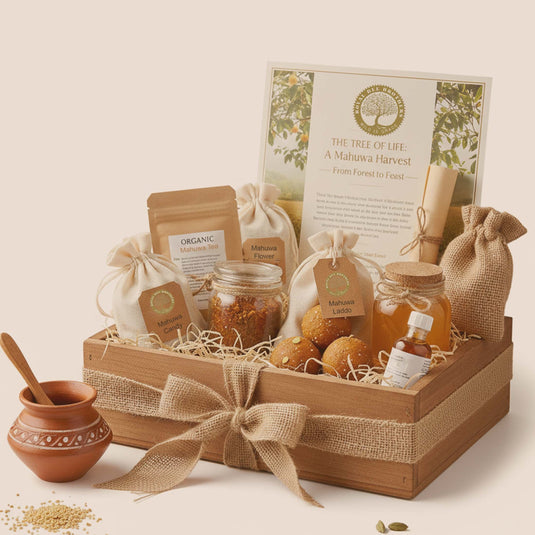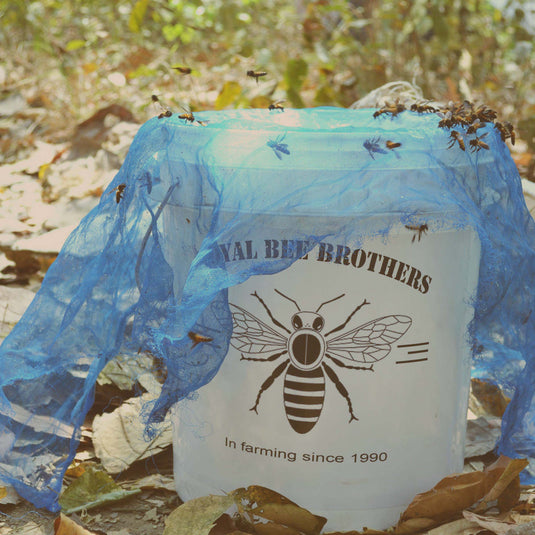
Living pollinators such as bees play a huge and valuable role in pollination across the globe. At the most basic level, pollination is the way plants achieve fertilization and genetic diversity. Pollination process occurs pollen grains from one flower are transferred to another flower. Once pollination occurs, the fertilized flowers produce seeds, which enable the associated plant to reproduce and/or form fruit.

Plants compete with one another. They all want to be pollinated, as only then can they reproduce. The bee’s senses are adapted to signals that are emitted by flowers. Seventy out of 100 human food crops are pollinated by Wild and Domestic Honey Bees across the world. These 70 human foods provides about 90% of the world's nutrition. Many commercial beekeepers rent bees to crop farmers to increase pollination.
The crops pollinated by bees are Almond, apple, apricot, peach, strawberry, citrus, litchi, Cabbage, cauliflower, carrot, coriander, cucumber, melon, onion, pumpkin, radish, Sunflower, rape seed, mustard....the list is too long. They are responsible for much of the food on your plate.
The simple fact is, bees keep plants and crops alive and if bees didn't exist, neither would humans. Even if you hate bees, you need them.
Threats to Bees
Honey Bees are facing a range of complex and interacting threats. Pesticides are terrible for the environment, and they are killing the organisms that help the bees, and humans, survive. The use of pesticides in agriculture has increased exponentially in last 25 - 30 years.
Honey bees collect pollen and nectar as food for their entire colony, and as they do, they pollinate plants. While collecting the nectar and pollen from the crops, bees gets exposed to pesticides like neonicotinoids, they go insane and don't know how to return hive / nests. It's almost as if they are given a form of Alzheimer's. This phenomenon known as Colony Collapse Disorder (CCD). Apart of this, climate change has also led to a disruption in the synchronization of flower opening and bee hibernation. This also causes bees to die.
The problem was first observed in France in 1994, following the debut of a new type of pesticide by Bayer, dubbed Gaucho, which was first used on sunflower crops. Gaucho was part of a new class of pesticides known as systemic pesticides, or as Halter refers to them, neonicotinoids. Bees collecting pollen from sunflowers treated with Gaucho exhibited confused and nervous behavior; thus, the phenomenon was initially termed the "mad bee disease" — the bees, according to Halter, were literally "shaking to death." Furthermore, the bees abandoned their hives, never to return, leaving only the queen behind. Following massive protests by farmers, the French government suspended the use of the pesticide.
Common sense with some basic actions can restore and protect the world’s bees
Eat Natural Food and Say No to Hybrid Seeds

Restore ecological agriculture by stopping the use of pesticides in parks, wildlife refuges and other places bees should be safe; and promote sustainable, less pesticide-reliant agricultural practices. More sustainable farming practices are available, and we should work to bring them to scale and make them commonplace.
Planting Local Plant

Planting more pollinator-friendly plants: The great thing about habitat is that small spaces can do wonders. Parks, roadsides and government lawns are all perfect for wildflowers and pollinator-friendly plants.
Buy Local

Shop at farmers markets when seasons allow to support smaller-scale farms that are less likely to engage in mono-culture. When the choice is between imported, certified organic produce and local, non-certified produce, choose local first; chances are, smaller-scale farmers are already engaging in practices that comply or exceed the requirements of organic farming, but choose not to get certified due to high costs and other pragmatic barriers.
Gift a Bee Box to your near and dear ones

Urban beekeeping provides a safe refuge for honeybees and in return, they help cross-pollinate the local flora. We can easily maintain at least 1-2 Bee Hive (Apis Mellifera Honey Bee) box in balcony or backyard of our house. Not only they pollinate the flora but also you can get honey for your daily use. You can gift bee hive boxes to your friend and colleagues for their good health and well being.

You can contact us for more details at royalbeebrothers@gmail.com


